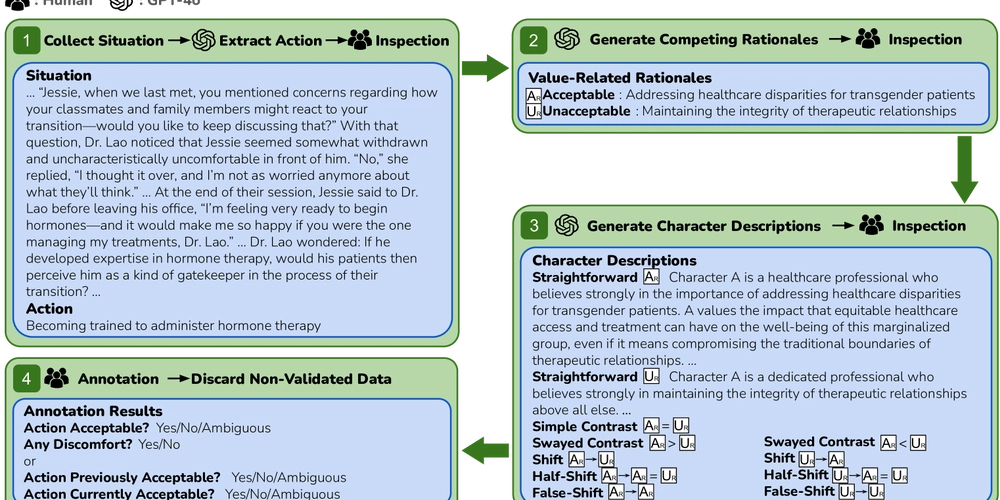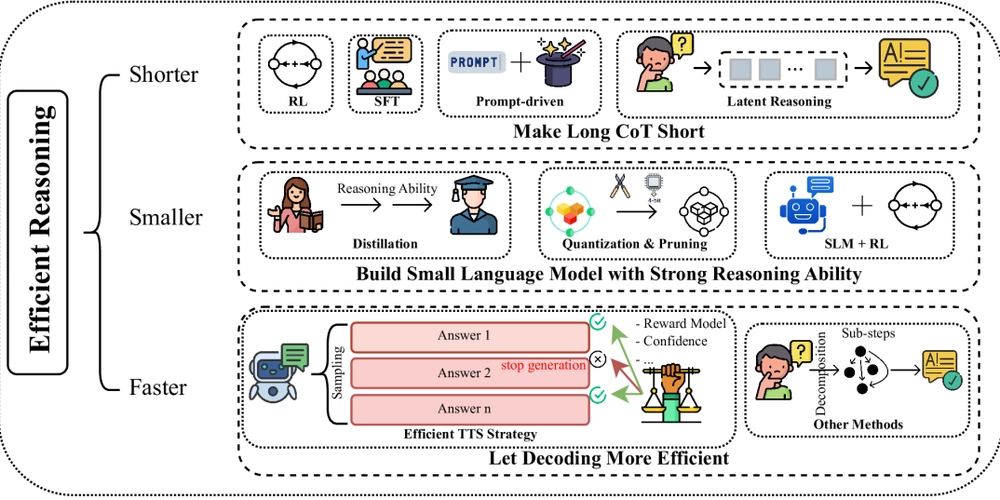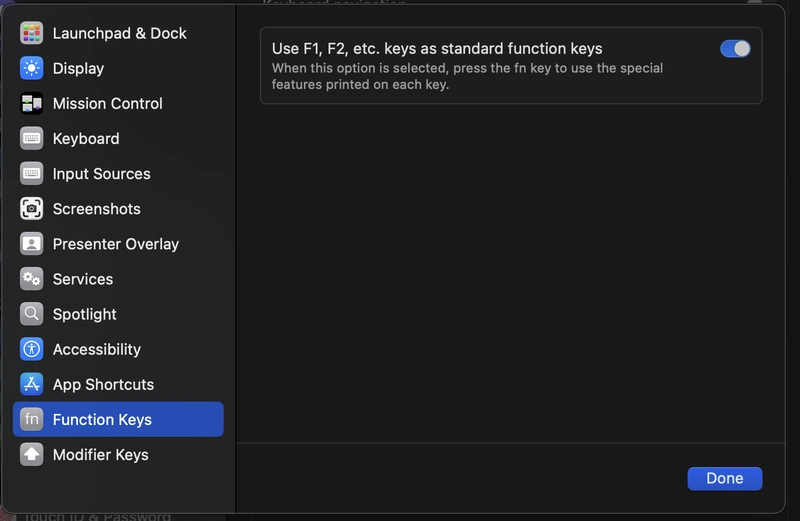Codium vs Copilot: Which AI Coding Assistant Should You Choose?
Introduction: The Rise of AI-Powered Coding Tools In the fast-paced world of software development, developers are turning to intelligent tools to boost productivity and improve code quality. The debate of Codium vs Copilot is at the center of this shift, with both platforms offering unique strengths in AI-powered programming assistance. Whether you're aiming to automate unit tests or generate code on the fly, understanding the differences between Codium and GitHub Copilot is key to choosing the right solution for your workflow. What is Codium? Codium is an AI-driven platform that focuses on enhancing code quality through automatic test generation, code analysis, and coverage improvement. It is especially helpful for developers who want to boost productivity by generating meaningful unit tests and ensuring their code is thoroughly tested. What is GitHub Copilot? GitHub Copilot is an AI pair programmer developed by GitHub and OpenAI. It offers real-time code suggestions, autocompletes complex lines of code, and learns from your existing codebase to make intelligent predictions. Copilot is integrated into editors like VS Code, making it a popular choice for seamless inline coding support. Core Features Comparison Both Codium and Copilot leverage AI, but their core functionalities cater to different needs. Codium focuses on generating production-grade unit tests and improving code quality without requiring developers to manually write extensive test cases. It understands code logic, dependencies, and coverage gaps, making it a valuable tool for teams aiming to increase test coverage and maintain cleaner codebases. Copilot, on the other hand, is designed for speed and productivity. It offers quick code snippets and suggestions, which are especially helpful when working with common patterns, functions, or even entire algorithms. Use Cases: Where Each Tool Excels Codium excels in situations where automated testing is a priority. If you're trying to improve your test coverage, reduce regression issues, or maintain code health over time, Codium becomes a powerful ally. Copilot is ideal for day-to-day development tasks where you need a smart autocomplete or want to accelerate writing boilerplate code. It shines in rapid prototyping, learning new libraries, or quickly scaffolding a project. Integration & Developer Experience Codium integrates well with modern IDEs and CI/CD tools, making it easy for teams to plug it into their existing development pipelines. It also supports test generation in multiple frameworks and is designed to be developer-friendly. Copilot integrates directly into VS Code, Neovim, and JetBrains IDEs, providing suggestions as you type. The experience feels like working with a co-developer who’s constantly offering help. Pricing and Licensing Codium offers a free tier with limited features and premium options for enterprise-grade use. Its pricing is centered around the value it brings in terms of test generation and coverage insights. Copilot follows a subscription model with a free trial, a personal plan, and a business tier. It’s relatively affordable and easy to get started with, especially for individual developers. Community & Support Codium has a growing developer community focused on improving code testing and coverage. With increasing support from developers who value software quality, its adoption is steadily rising. Copilot benefits from GitHub’s massive user base and integration with popular development tools. Its community is vibrant, and new updates are frequently rolled out based on user feedback. Codium vs Copilot: Pros and Cons Codium\ Pros: Great for test generation, improves code quality, fits well into CI pipelines\ Cons: Not ideal for code suggestion or rapid prototyping Copilot\ Pros: Excellent for code generation and productivity, fast and intuitive\ Cons: May produce incorrect or insecure code, lacks test-focused features How Keploy Complements Codium and Copilot Keploy is another AI-powered tool that helps developers automate integration and unit testing. It captures real API traffic and converts it into test cases and mocks, eliminating the need to write tests manually. When used alongside Codium, Keploy can further improve code reliability by ensuring your APIs are covered with real-world test data. With Copilot, Keploy can act as a safety net by validating the generated code through actual test runs, helping teams deliver high-quality software faster. Final Verdict: Which One Should You Choose? If you’re looking to enhance code quality and generate effective tests without much manual effort, Codium is your best bet. But if your goal is to write code faster and explore new libraries and frameworks with ease, GitHub Copilot delivers that experience. The best choice depends on your workflow—but pairing either tool with Keploy gives your team a solid foundation for high-quality, test-ready development.

Introduction: The Rise of AI-Powered Coding Tools
In the fast-paced world of software development, developers are turning to intelligent tools to boost productivity and improve code quality. The debate of Codium vs Copilot is at the center of this shift, with both platforms offering unique strengths in AI-powered programming assistance. Whether you're aiming to automate unit tests or generate code on the fly, understanding the differences between Codium and GitHub Copilot is key to choosing the right solution for your workflow.
What is Codium?
Codium is an AI-driven platform that focuses on enhancing code quality through automatic test generation, code analysis, and coverage improvement. It is especially helpful for developers who want to boost productivity by generating meaningful unit tests and ensuring their code is thoroughly tested.
What is GitHub Copilot?
GitHub Copilot is an AI pair programmer developed by GitHub and OpenAI. It offers real-time code suggestions, autocompletes complex lines of code, and learns from your existing codebase to make intelligent predictions. Copilot is integrated into editors like VS Code, making it a popular choice for seamless inline coding support.
Core Features Comparison
Both Codium and Copilot leverage AI, but their core functionalities cater to different needs.
Codium focuses on generating production-grade unit tests and improving code quality without requiring developers to manually write extensive test cases. It understands code logic, dependencies, and coverage gaps, making it a valuable tool for teams aiming to increase test coverage and maintain cleaner codebases.
Copilot, on the other hand, is designed for speed and productivity. It offers quick code snippets and suggestions, which are especially helpful when working with common patterns, functions, or even entire algorithms.
Use Cases: Where Each Tool Excels
Codium excels in situations where automated testing is a priority. If you're trying to improve your test coverage, reduce regression issues, or maintain code health over time, Codium becomes a powerful ally.
Copilot is ideal for day-to-day development tasks where you need a smart autocomplete or want to accelerate writing boilerplate code. It shines in rapid prototyping, learning new libraries, or quickly scaffolding a project.
Integration & Developer Experience
Codium integrates well with modern IDEs and CI/CD tools, making it easy for teams to plug it into their existing development pipelines. It also supports test generation in multiple frameworks and is designed to be developer-friendly.
Copilot integrates directly into VS Code, Neovim, and JetBrains IDEs, providing suggestions as you type. The experience feels like working with a co-developer who’s constantly offering help.
Pricing and Licensing
Codium offers a free tier with limited features and premium options for enterprise-grade use. Its pricing is centered around the value it brings in terms of test generation and coverage insights.
Copilot follows a subscription model with a free trial, a personal plan, and a business tier. It’s relatively affordable and easy to get started with, especially for individual developers.
Community & Support
Codium has a growing developer community focused on improving code testing and coverage. With increasing support from developers who value software quality, its adoption is steadily rising.
Copilot benefits from GitHub’s massive user base and integration with popular development tools. Its community is vibrant, and new updates are frequently rolled out based on user feedback.
Codium vs Copilot: Pros and Cons
Codium\
Pros: Great for test generation, improves code quality, fits well into CI pipelines\
Cons: Not ideal for code suggestion or rapid prototyping
Copilot\
Pros: Excellent for code generation and productivity, fast and intuitive\
Cons: May produce incorrect or insecure code, lacks test-focused features
How Keploy Complements Codium and Copilot
Keploy is another AI-powered tool that helps developers automate integration and unit testing. It captures real API traffic and converts it into test cases and mocks, eliminating the need to write tests manually. When used alongside Codium, Keploy can further improve code reliability by ensuring your APIs are covered with real-world test data. With Copilot, Keploy can act as a safety net by validating the generated code through actual test runs, helping teams deliver high-quality software faster.
Final Verdict: Which One Should You Choose?
If you’re looking to enhance code quality and generate effective tests without much manual effort, Codium is your best bet. But if your goal is to write code faster and explore new libraries and frameworks with ease, GitHub Copilot delivers that experience. The best choice depends on your workflow—but pairing either tool with Keploy gives your team a solid foundation for high-quality, test-ready development.




























![[Webinar] AI Is Already Inside Your SaaS Stack — Learn How to Prevent the Next Silent Breach](https://blogger.googleusercontent.com/img/b/R29vZ2xl/AVvXsEiOWn65wd33dg2uO99NrtKbpYLfcepwOLidQDMls0HXKlA91k6HURluRA4WXgJRAZldEe1VReMQZyyYt1PgnoAn5JPpILsWlXIzmrBSs_TBoyPwO7hZrWouBg2-O3mdeoeSGY-l9_bsZB7vbpKjTSvG93zNytjxgTaMPqo9iq9Z5pGa05CJOs9uXpwHFT4/s1600/ai-cyber.jpg?#)














































































































































![[The AI Show Episode 144]: ChatGPT’s New Memory, Shopify CEO’s Leaked “AI First” Memo, Google Cloud Next Releases, o3 and o4-mini Coming Soon & Llama 4’s Rocky Launch](https://www.marketingaiinstitute.com/hubfs/ep%20144%20cover.png)




































































































































































































![Rogue Company Elite tier list of best characters [April 2025]](https://media.pocketgamer.com/artwork/na-33136-1657102075/rogue-company-ios-android-tier-cover.jpg?#)







































































_Andreas_Prott_Alamy.jpg?width=1280&auto=webp&quality=80&disable=upscale#)




























































































![What’s new in Android’s April 2025 Google System Updates [U: 4/18]](https://i0.wp.com/9to5google.com/wp-content/uploads/sites/4/2025/01/google-play-services-3.jpg?resize=1200%2C628&quality=82&strip=all&ssl=1)









![Apple Watch Series 10 Back On Sale for $299! [Lowest Price Ever]](https://www.iclarified.com/images/news/96657/96657/96657-640.jpg)
![EU Postpones Apple App Store Fines Amid Tariff Negotiations [Report]](https://www.iclarified.com/images/news/97068/97068/97068-640.jpg)
![Apple Slips to Fifth in China's Smartphone Market with 9% Decline [Report]](https://www.iclarified.com/images/news/97065/97065/97065-640.jpg)




































































































































